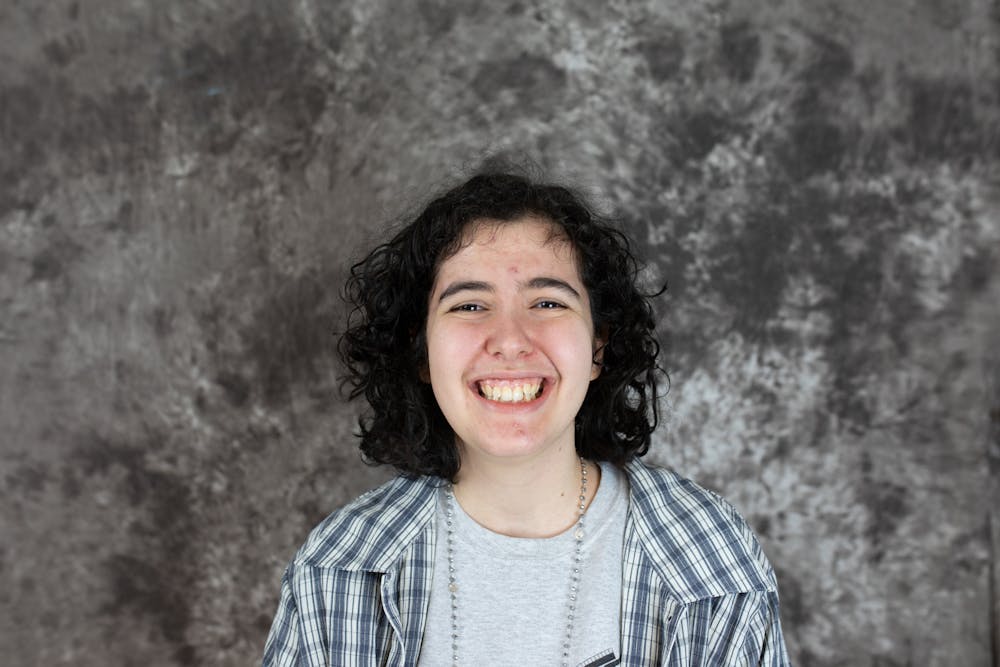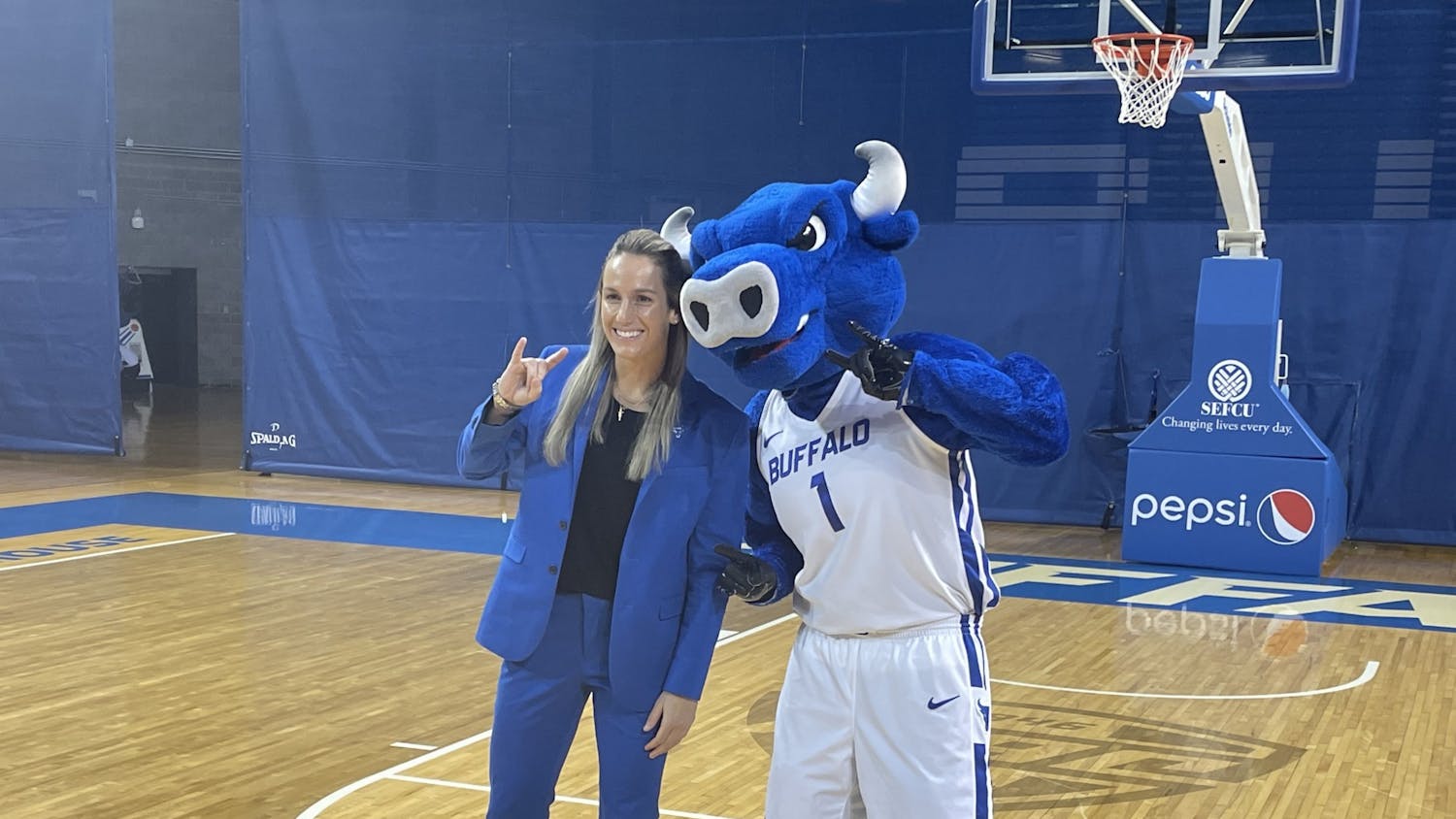I have been single almost every Valentine’s Day of my life. And that’s OK.
I didn’t always feel that way, and I might not feel that way in the future. And that’s OK too.
I do know that I’m lucky to have so much love in my life. And I think that’s important to remember, especially around Valentine’s Day, when there’s added pressure to focus solely on romantic love.
There’s a lot of people who love me and who I love unconditionally. None of these relationships are romantic in nature (thank God, honestly), but I can’t imagine my life without those people.
Platonic love, familial love and the ever-elusive self-love make up a large part of life — and we’ve all taken it for granted. I know I have. So, I hope all of us — single or not — can take a moment to reflect on the variety of love that we have in our lives.
Platonic love: The best for your besties!
Platonic love is love for your friends. Because, yes, you can love your friends, especially your closest ones.
Learning to value the love I have for my friends was one of the most comforting things I’ve been able to do. Your friends can be like another family. We’re often taught that the love between friends is only worth something if it turns romantic. I know that I’ve felt pressured to say I’ve had a crush on a friend when I haven’t because people tried to convince me it “wasn’t normal” to be that close with someone unromantically.
I call bulls–t.
Love your friends in a way that works for you. Some of your friendships will look different from others. That just means you have different expectations for different people, which is healthy.
This isn’t to shame people who fall for their friends. That is a thing that can and does happen, and those relationships can be healthy and long-lasting. Rather, it’s important to highlight that not all close friendships will turn into romantic relationships. Platonic love is more valuable than its romantic potential. I don't think most people want to be in romantic relationships with all their friends all at once anyways.
Friendships provide community, which makes life a lot better. Even if your friends are far away, the love and care you share for each other is enriching. You learn how to support people with different needs than your own, and, notably, you learn how to accept that support right back.
No, not every friendship will be deep, but all types of friendships are experiences worth having without the burden of them growing into something romantic. Your besties still deserve the best.
Self-love: “How in the hell are you gonna love somebody else?”
Self-love feels like an impossible task sometimes. We all have things we don’t like about ourselves. Holidays that highlight what we don’t have can make us a little extra insecure.
But as my personal drag nemesis RuPaul says, “If you can’t love yourself, how in the hell are you gonna love somebody else?” Even though RuPaul and I have beef, I think the sentiment of that quote is very real.
Getting outside validation is all well and good, but it’s important to validate yourself. If you can’t trust your own validation, how are you going to be able to trust that someone else really loves you?
It’s a really tough thing to face. A romantic relationship isn’t going to make those insecurities or self-loathing tendencies go away. You don’t have to be perfectly secure in yourself or be perfect at self-love either. I can’t tell you how to love yourself. It’s a highly individual process, and I am not very good at it. All I’ll say is that it’s important to acknowledge the importance of something like self-love even if you struggle with it.
This coming Valentine’s Day, do something to honor the love in your life, in all its forms. If you’re in a romantic relationship, spoil your partner if that’s your thing. There’s no right way to celebrate love.
This year, I’m donating blood and making dinner with my friends. Do a little kindness, whether it’s giving back to the community, your friends or yourself.
Love looks a million different ways, so don’t pressure yourself to make all the love in your life the same. Instead, I hope you can value the variety of the relationships you have.
Darcy Winter is the fact checker and can be reached at darcy.winter@ubspectrum.com





